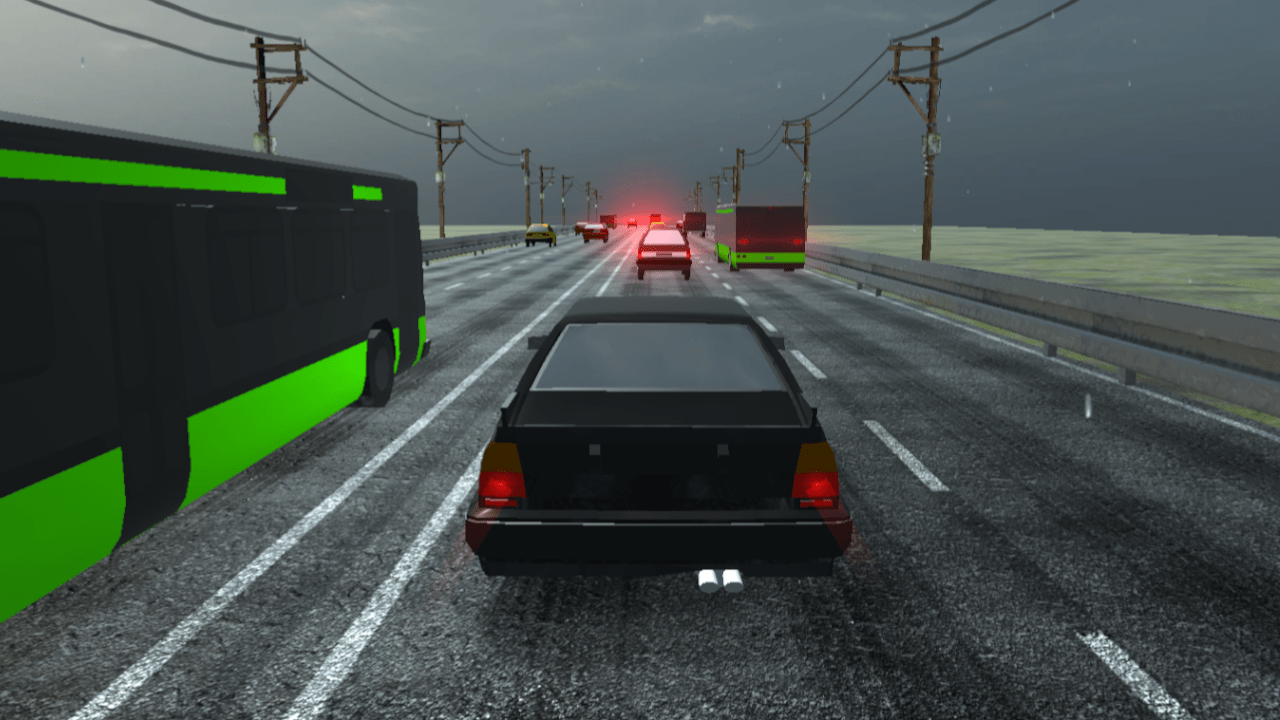Neon Genesis Evangelion, a groundbreaking anime series that first aired in 1995, has left an indelible mark on the world of Japanese animation and popular culture. While the anime adaptation is widely known and celebrated, the Neon Genesis Evangelion manga offers a unique and compelling take on this iconic story. In this article, we’ll explore the depths of the Evangelion manga, examining its intricate narrative, complex characters, and thought-provoking themes that have captivated readers for decades.
The Origins and Evolution of the Evangelion Manga
The Neon Genesis Evangelion manga, illustrated by Yoshiyuki Sadamoto, began serialization in 1994, slightly before the anime’s debut. Initially conceived as a promotional tool for the upcoming anime series, the manga quickly developed its own identity and fanbase. Sadamoto, who also served as the character designer for the anime, took the opportunity to expand and reimagine certain aspects of the story, creating a parallel yet distinct narrative.
Unlike the anime, which concluded its initial run in 1996, the manga’s serialization continued for nearly two decades, finally concluding in 2014. This extended timeline allowed Sadamoto to delve deeper into character development and explore alternative plot points, offering fans a fresh perspective on the Evangelion universe.
Storytelling and Character Development in the Manga
At its core, the Evangelion manga follows the same basic premise as the anime: in a post-apocalyptic world, humanity faces extinction at the hands of mysterious beings known as Angels. The story centers around Shinji Ikari, a reluctant teenage pilot thrust into the role of humanity’s defender, piloting a giant biomechanical entity called an Evangelion.
However, the manga takes several departures from the anime in terms of character portrayal and plot progression:
Shinji Ikari: A More Nuanced Protagonist
In the manga, Shinji’s character is portrayed with additional depth and nuance. While still struggling with self-doubt and the weight of his responsibilities, manga Shinji displays more agency and assertiveness in certain situations. This portrayal allows readers to connect with Shinji on a different level, understanding his internal conflicts while also rooting for his growth.
Expanded Character Backstories
The manga dedicates more time to exploring the backgrounds of supporting characters, particularly Rei Ayanami and Asuka Langley Soryu. These expanded narratives provide readers with a richer understanding of the characters’ motivations and the complex web of relationships that define the Evangelion universe.
Alternate Plot Points and Pacing
While maintaining the overall structure of the Evangelion story, the manga introduces several alternate plot points and scenes not present in the anime. These changes, coupled with a generally slower pacing, allow for more introspection and character development throughout the narrative.
Themes and Symbolism in the Evangelion Manga
The Neon Genesis Evangelion manga, like its anime counterpart, is renowned for its exploration of complex themes and use of rich symbolism. Some of the key themes include:
Identity and Self-Discovery
Central to the Evangelion narrative is the concept of identity and the search for self. The manga delves deep into the psyches of its characters, particularly Shinji, as they grapple with questions of purpose, belonging, and self-worth. The Eva units themselves serve as physical manifestations of this internal struggle, blurring the lines between human and machine, self and other.
Trauma and Mental Health
The manga doesn’t shy away from depicting the psychological toll of piloting the Evangelions and the weight of humanity’s fate. Characters deal with various forms of trauma, anxiety, and depression, offering a poignant commentary on mental health and the human condition.
Religious and Mythological Symbolism
Evangelion is famous for its use of religious and mythological imagery, particularly drawing from Judeo-Christian and Kabbalistic traditions. The manga continues this trend, incorporating symbols and concepts that add layers of meaning to the narrative. From the Tree of Life to the Lance of Longinus, these elements contribute to the series’ rich tapestry of symbolism.
Visual Storytelling and Artistic Style
Yoshiyuki Sadamoto’s artwork in the Evangelion manga is a testament to his skill as an illustrator. His clean, detailed style brings the characters and mecha designs to life on the page, capturing both the grand scale of the Eva battles and the subtle emotional nuances of character interactions.
The manga format allows for unique storytelling techniques not possible in animation. Sadamoto utilizes panel layouts, pacing, and visual metaphors to enhance the narrative, creating a reading experience that complements yet stands apart from the anime.
Impact and Legacy of the Evangelion Manga
The neongenesisevangelionmanga.com manga has played a significant role in expanding the franchise’s reach and deepening fans’ engagement with the story. Its long serialization run allowed new generations of readers to discover Evangelion, while providing longtime fans with fresh content and perspectives on the beloved series.
The manga’s success has also influenced the broader manga industry, demonstrating the potential for anime adaptations to evolve into unique and compelling works in their own right. It has inspired countless discussions, theories, and analyses within the fan community, contributing to Evangelion’s enduring legacy in popular culture.
Conclusion: A Unique Entry Point into the Evangelion Universe
The Neon Genesis Evangelion manga offers readers a rich, complex, and emotionally resonant journey through one of anime and manga’s most iconic stories. Whether you’re a longtime Evangelion fan or new to the series, the manga provides a unique perspective on the characters, themes, and world that have captivated audiences for decades.
As we conclude our deep dive into the Evangelion manga, we invite you to share your own experiences with this remarkable work. Have you read the Neon Genesis Evangelion manga? How do you feel it compares to the anime? What aspects of the story or characters resonated most with you? Join the conversation and let’s continue to explore the fascinating world of Evangelion together.






























